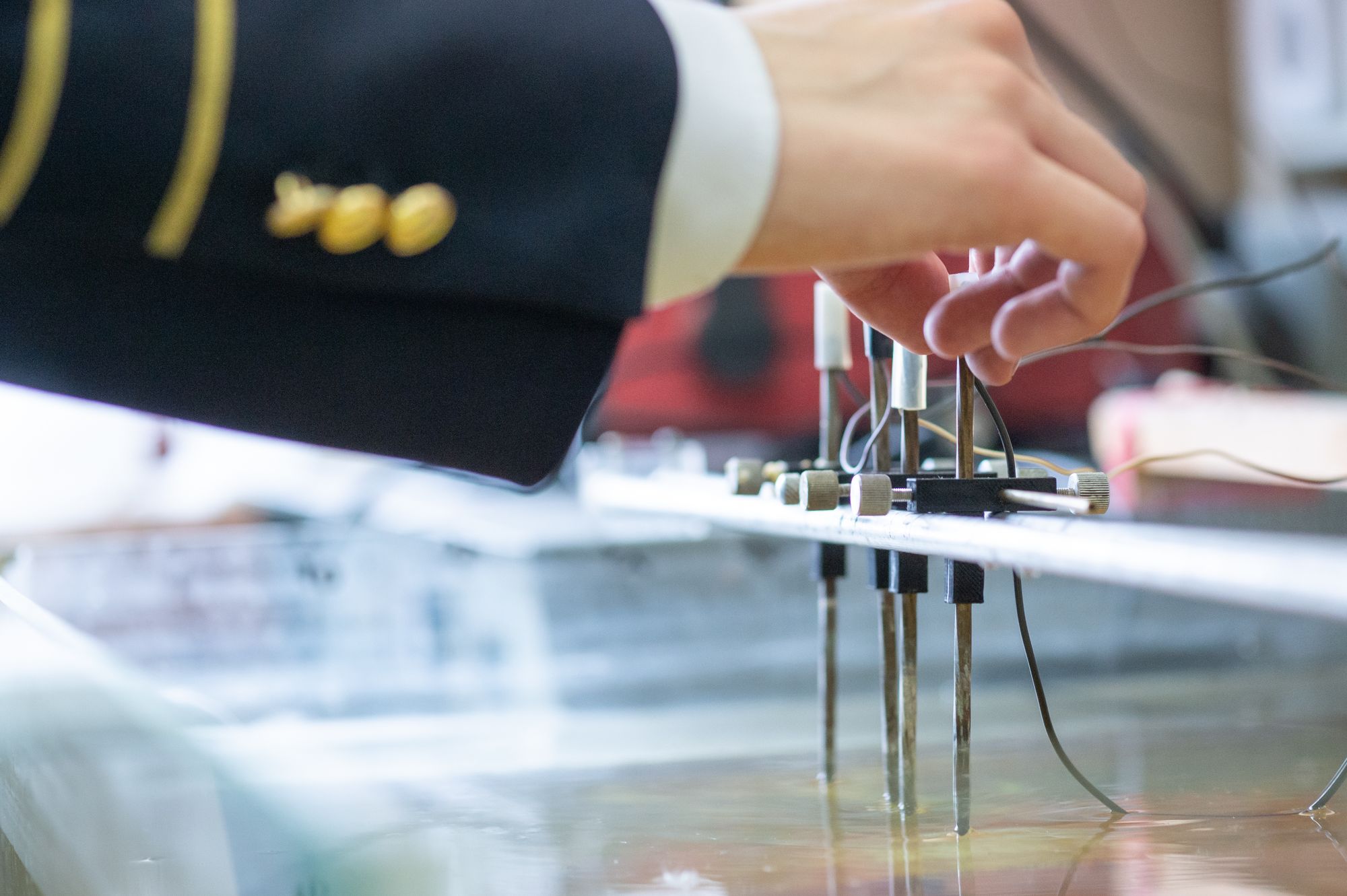In the process of training in this area of studies, students get acquainted with the research, development and technology aimed at the creation and operation of instruments and systems designed to receive, register and process information about the environment and technical and biological objects. The learn how to create household acoustics instruments, technologies for using instruments in industry for the acceleration of technological processes. Students participate in research, design and production processes using databases of parameters of the hydrosphere and atmosphere using electro-acoustic information systems.
Broad demand on the job market for specialized personnel with in-depth knowledge of the features of designing systems and non-destructive testing devices;
Integrated approach to learning including classic approaches to studying the fundamental disciplines and gaining practical skills;
The possibility of inclusive education in foreign partner universities with the issuance of diplomas of international standard;
Opportunities to engage in scientific activities during training at the base of St. Petersburg Mining University.
Graduates of this specialization work at leading instrument-making companies. Positions for which a graduate can apply are: expert, non-destructive testing specialist, performing engineering professions at such enterprises as PJSC Gazprom, Marine Weapon Concern, Baltic Shipbuilding Plant, All-Russian Scientific Research Institute of Hydrotechnics (VNIIG), Federal Customs Service North-West Customs Administration, Baltic Customs, etc.
